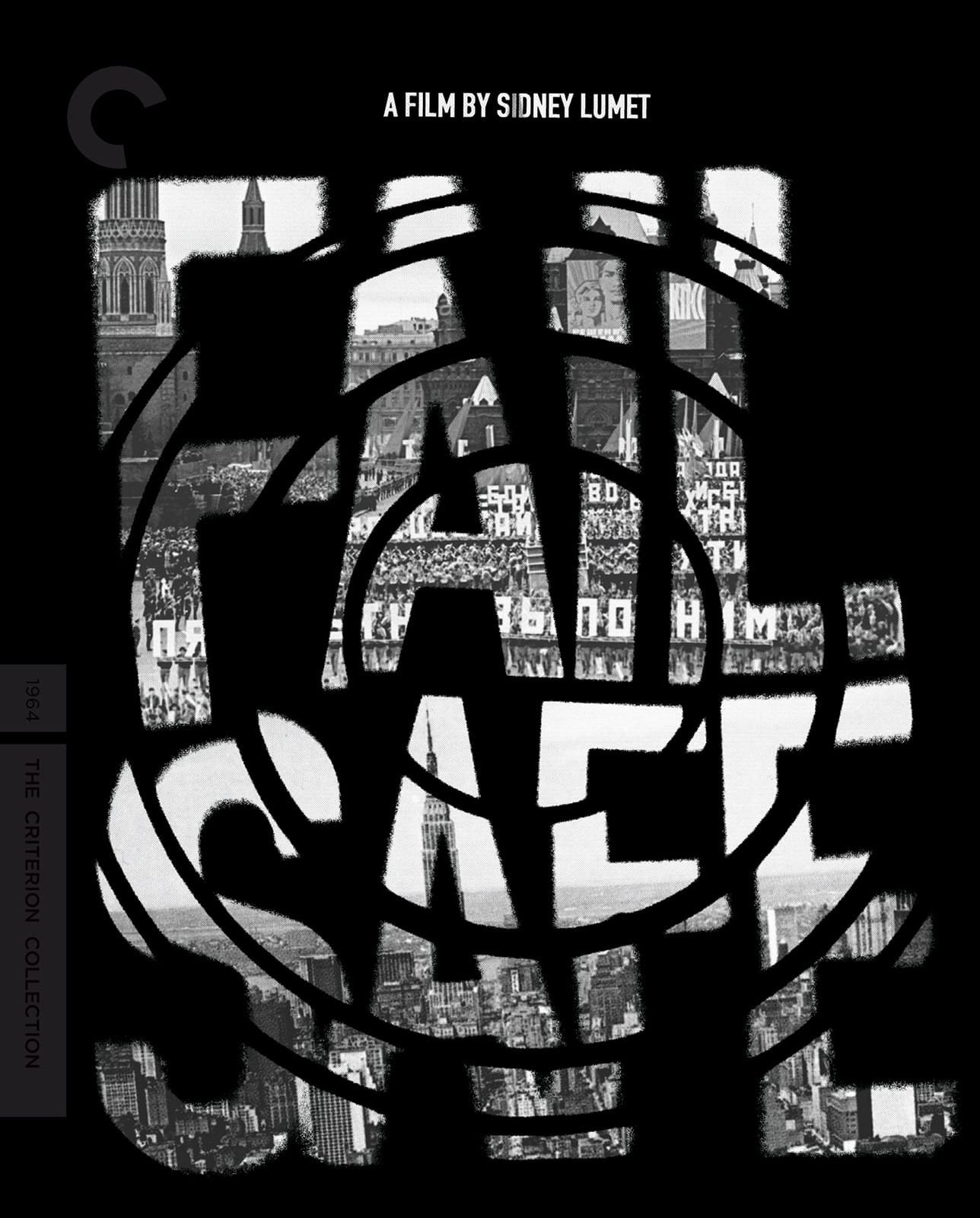
By the time Sidney Lumet’s taut nuclear war drama Fail-Safe was released in US theaters in October of 1964, the world had already been treated to Stanley Kubrick’s wry comedy about the very same topic, Dr. Strangelove or: How I Learned To Stop Worrying and Love the Bomb. Both films were made by New York born filmmakers, then in their thirties, with acclaimed bodies of work already amassed (with Lumet coming off of The Pawnbroker and Kubrick off of Lolita). And despite the similarities of their creators, the films couldn’t be more different even if their ultimate messages are aligned.
Kubrick’s film was a farce concerning communication issues between the US and USSR, which would inevitably result in nuclear war. But Lumet’s film addresses the technological malfunctions which can take human error out of the equation and also result in the demise of our species. And both share real world influence from the still fresh (at the time, of course) Cuban Missile Crisis of 1962 which is arguably the closest the world has ever come to all out nuclear war, even if in real life it doesn’t feel like we have come all that far in almost sixty years.
Fail-Safe, like the other films Lumet had made prior – and especially 12 Angry Men – is an almost impossibly tense account of the shortcomings of man, even if the responsibility is largely placed on technology. Unfolding in an approximation of real time, over about two hours, we watch as a faux real world war situation unravels forcing our government leaders, including the President of the United States (played ever so delicately by Henry Fonda), decide the fate of our nation and the world. It’s a potent, and admittedly dated, exercise that works despite some flaws and all culminates in one of the greatest endings of any American movie of the 20th century.

Criterion present Fail-Safe via a brand new 4K transfer from Sony Pictures and the results are pretty staggering. This film has easily never looked so good on home video, with the black and white photography shining and the source being void of any damage or debris and no artifacts present. The only downside here is that no proper 4K UHD version was released alongside this 1080p version, but what we have is hard to ignore. Audio is lossless 1.0 which preserves its original soundtrack and it’s a great track which balances the audio and effects well. This is a mostly dialogue driven affair and Criterion handles it very well.
Extras kick off with indispensable film critic (and author of An Army of Phantoms: American Movies and the Making of the Cold War, which feels relevant here) J. Hoberman discussing the origins of the film as well as the political climate and implications of its narrative. It’s a great piece that I only wish was longer and should help to contextualize Lumet’s film in American history for those interested who haven’t done the research themselves. We then get a ported over DVD commentary with Lumet which is a great track, though not very lively, but is full of production and historical information that should be of great interest for fans of the film and director. The final supplement is a brief featurette titled Fail-Safe Revisited which is compiled of interviews and also discusses the 2000 remake.

Fail-Safe is a great accomplishment, made by one of the most prolific and talented filmmakers in American history. It has the urgency of 12 Angry Men and the gusto of Dog Day Afternoon while also being its own, singular, experience. Time has not tempered its message one bit (for better or worse) and the release from Criterion is exceptional.



